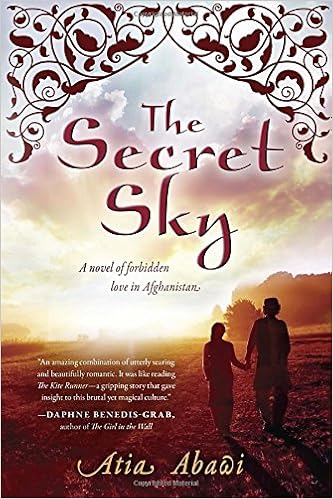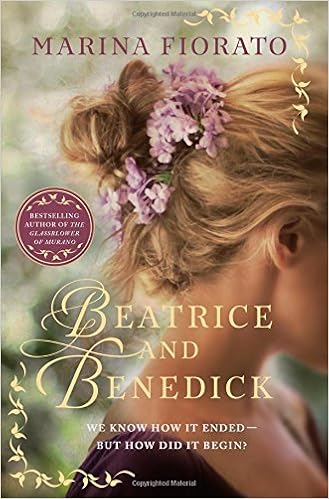Let me begin this review by saying a couple of things.
One, I never read nonfiction on my own time growing up, and only when I was nearly done with college did I realize that maybe I would like it. After all, I have always loved learning about multiple subjects, be it history or science or music, etc. Being in love with a man who prefers nonfiction really opened my eyes to what is out there. The nonfiction and fiction vie for room on our overflowing bookshelves. My mental state and hunger for knowledge have been infinitely rewarded.
Two, I am so ashamed to even admit that I know next to nothing about Russia and it's history. I knew the story of the downfall of the Tsar and of the tales surrounding the Princess Anastasia, but that was it. Honestly, I still love the children's movie, despite how far from the truth it really is. But really, my knowledge didn't stretch much further, other than knowing who Marx and Lenin and Stalin were. It was appalling. But, this book changed all that.
*******************************************************
Symphony for the City of the Dead was first published in autumn of 2015, but I hadn't even heard of it. I am so thankful that I was listening to the satellite radio channel Symphony Hall on a Monday morning a few weeks ago. The radio DJ (who, incidentally, used to be on my local classical station back in Illinois!), was talking about Shostakovich and mentioned this book. I filed the title away in my mind and then forgot about it while at work (the library, no less, silly me). The next day, I was at work again and suddenly remembered it, but struggled to recall the title. I furiously googled and found it, so I searched our library system and requested a copy from another library, since we didn't have it. It came the next day and I put all my other reading on hold to read this. I was not disappointed. It took a couple weeks to read only because life unfortunately does not allow for as much reading time as I would want, but I was also able to absorb each section thoroughly. So, thank you Martin Goldsmith of Symphony Hall, for mentioning this book. I am much the better for it.
*********************************************************
Dmitri Shostakovich was born in the city of St Petersburg on the eve of the reign of the Tsars of Russia. He lives and survives through the rise of Lenin and Stalin and all the horrors that come with their dictatorships. He began playing the piano at the age of nine, By the time he was thirteen, the city of St Petersburg had been renamed Petrograd, and young Dmitri was admitted to the musical conservatory. His first symphony was composed as his graduation piece; it premiered in 1926. (It was in 1924, after the death of Vladimir Lenin, that the city was renamed Leningrad. This was to be the city's name until 1991, when the Soviet Union finally collapsed.) Throughout the years in which Shostakovich composed his next few symphonies, he was watched closely by the government, especially after his 4th Symphony. Joseph Stalin came to power and his purge of literally everything hurt the Russian people heavily. I mean, the guy even purged his own army, which was pretty idiotic...people were afraid to even tell him the truth, because they could be killed for it! (I could go on about the horrors of Stalin's purge, but that's not the point and this is long already, sorry!)
Lady Macbeth of the Mtsensk District, an opera that Shostakovich composed, was the beginning of his being officially watched by the government, and the composer fell deeply out of favor with the people. Stalin despised the opera, which of course meant that the people did, too. He struggled to stay low profile and essentially stay alive during this time, this purge, the Great Terror. He wasn't the only artist who was under surveillance, but he was one of the lucky ones who came through it with his life. He composed film music for a time, and also his 4th Symphony, which he eventually withdrew, for reasons which we are not fully certain. (The 4th Symphony finally had a premiere in 1961.) But his 5th Symphony was Shostakovich's response to being denounced, and it was incredibly successful. It's a beautiful symphony, and a favorite of many who listen to Shostakovich's music now.
In the interest of moving forward and not making this too long, we're going to jump into WWII. This is where the book got seriously interesting because I learned so much about Stalin and his cruelty and also how he trusted Hitler even when his intelligence was telling him that Hitler was going to attack. I was so shocked; Stalin set up the potential for his own defeat SO WELL. It was nuts. Anyway, the German army, the largest land force assembled in history, invaded Russia on the longest day of the year, June 22nd, 1941. By September, they were at the gates of Leningrad; September 8th marked the beginning of a nearly three year long siege. The Germans destroyed the supply of food that the government had put up for the winter, because of course it was all in one large and easy to find building. The Russian winter is harsh to begin with, but the lack of food, heat, electricity, and even decent habitable buildings took their toll. My heart broke for what these people went through. So many died of starvation, and some of the population even pretty much went crazy from hunger and turned to cannibalism. All through this time, Shostakovich remained in the city, because he initially tried to volunteer for the army, but they didn't take him. It could have been because of his celebrity, but it could also have been because of his eyesight, we don't fully know. But throughout the siege, he worked on composing his 7th Symphony, which became known as the Leningrad Symphony. He composed three movements while living in the city, and the fourth came together after his harrowing evacuation with other artists to the city of Kuibyshev (present-day Samara).
Honestly, this is where the entirety of the story came together for me. Everything in the book was leading up to this, obviously. But like each separate movement of a symphony, each section of Dmitri Shostakovich's life and the trials of the Russian people played their parts. The explosive finish came when the symphony was at last performed in the city for which it was written. The music had been performed around the world to thunderous applause, but the most moving and perfect moment was when it came home. In 1942 the Radio Orchestra was given the score to rehearse; there were only fourteen members left alive. The conductor found others who could play instruments, and members of the military bands were brought in, and through their hunger and pain they learned the piece. On August 9th, the date Hitler had claimed he would be celebrating inside the city, the Leningrad Symphony was performed. Philharmonia Hall was lit brightly with electricity for the occasion, and the Red Army even made sure to draw German fire away from the bright target; his diversionary attack wasn't even learned of by the people till twenty years later. Many of the people in the city went without their meager rations to purchase a ticket to the performance. And during the performance, everyone was uplifted. Even the Germans, hearing it over the radio, were stunned. The siege was not over (it lasted for another year and a half, amazingly), but for many people, the worst had passed.
**************************************************
The book goes on to wrap up Shostakovich's life. I was so dazed by the end, though, because the way that M.T. Anderson writes is just so amazing. There were so many sentences and even whole paragraphs that I wanted to commit to memory. I cried over what the Russian people suffered, at the hands of their own leader and at the hands of their enemy. And through it all, Shostakovich was so selfless. He never thought of himself; always would he give to his family and others first. I've always enjoyed his music, but this book brought him to life for me. And the power of music? Well, that much is obvious. It can bring people together and lift up the downtrodden in ways that can be hard to understand. Music touches the soul. I feel like Shostakovich was one of those composers who really understood that, too. He knew what suffering was; almost his entire life was full of it. And yet he kept going.
If I keep going, this will turn into a post of epic proportions and will likely end up not being coherent. So I shall leave you with this recording of the Leningrad Symphony, and insist (not even just recommend) that you pick up this book, because Symphony for the City of the Dead is so much more about truly living.



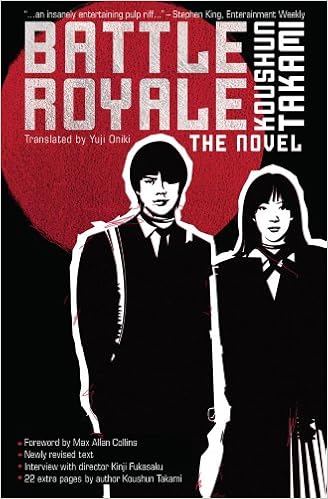
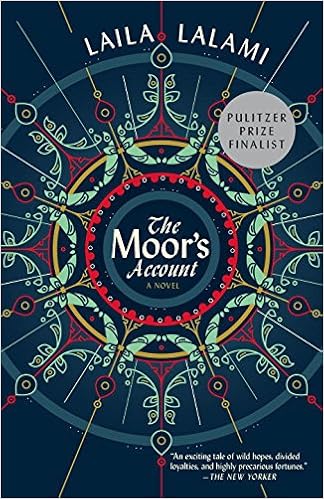

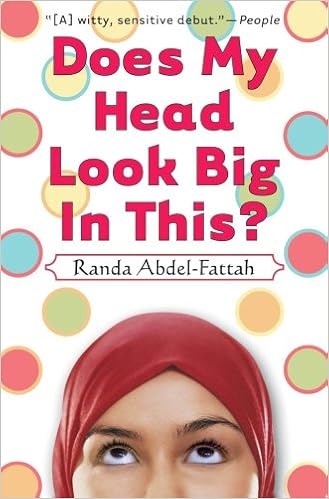
![The City At Worlds End by [Hamilton, Edmond]](https://images-na.ssl-images-amazon.com/images/I/51Vu0SnqHRL.jpg)
